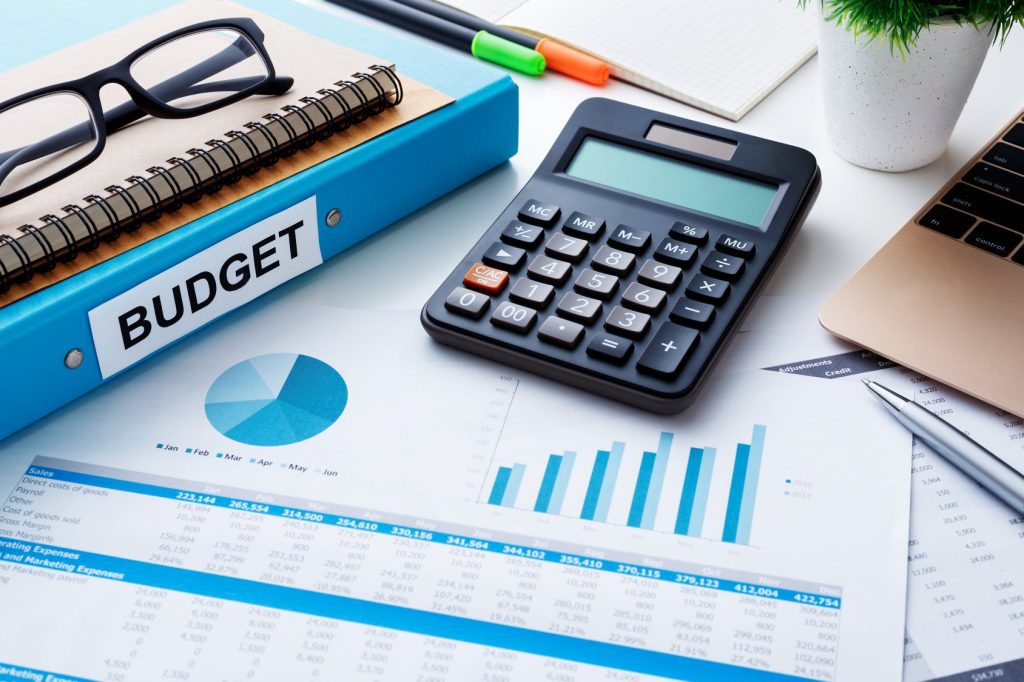You might be asking yourself this question every month, or just before you get your next paycheck. It’s time to organize your budget. You don’t have a budget. It’s okay! It’s simple to get started. Once you get the hang of it your finances will be much easier to manage. You’ll also have a greater chance of reaching your long-term and short-term goals.

Step 1 : Identify Your Goals
What are your goals for the next few years? What about the next few decades? Do you plan to continue your education, buy a car, or build your first home? You should make a list of the most important plans you have, as well as a realistic estimate of the time it will take to reach them. This list should be kept handy as we will return to it later.
Step 2 Calculate your Income and Expenses
Your monthly income in a Budgeting is the sum of all your incomes. It does not include your total annual salary. This is what you have to spend. Add up your monthly expenses. Add up your monthly expenses, including the cost of housing and utilities, childcare, phone, Internet, and food. The discretionary expenses are those that can be omitted or modified. Entertainment, dining out, vacations and hobbies are all examples of discretionary expenses. You should also anticipate unexpected costs, such as car maintenance, home repairs, and holiday spending, even if they are not monthly. Refresh your memory by reviewing your bank statements and receipts in order to find any expenses that you might have forgotten.
Step 3 – See What’s Left
Now it’s time for you to decide how to spend the remaining money. Recall the goals that you set in Step 1. Let’s assume your monthly income is $3,000 and your expenses are $2,000. You could save $100 per month on a home purchase and also deposit $100 into a tax-advantaged retirement savings plan. No matter what your options, your budget can help guide you to take control of your financial future.
You will need to review your spending habits if your monthly expenses exceed your monthly income. Look at your discretionary expenses to see if there are ways you can cut down on them. This type of spending adjustment and assessment can help you to enjoy your money without worrying about getting into debt. For more details ControlAllFinances.com
Step 4 – Monitor Your Budget
You will experience changes in your income, spending habits, and expenses over time. It is important to keep track of your budget. Ask yourself these questions:
- Do I still follow it?
- Do you think there are any changes that I should make based on the other changes in my life.
It is important not to be concerned about every dollar you spend but to know how much you can spend. As an experiment, you might track all your spending for a week or a month. You might be surprised at what you discover and find ways to reduce costs.


